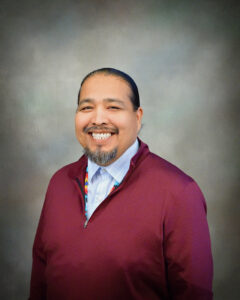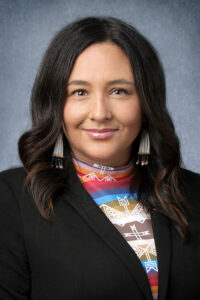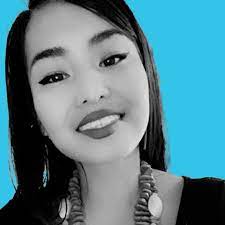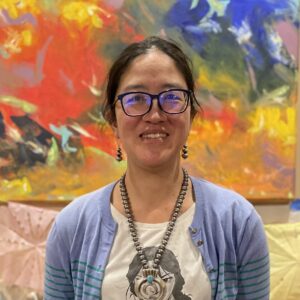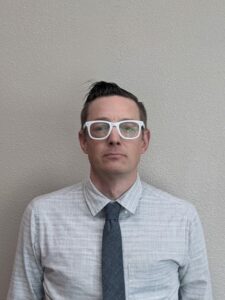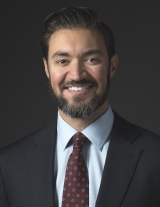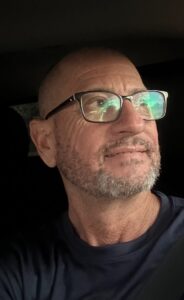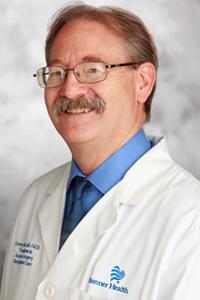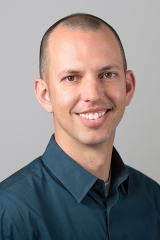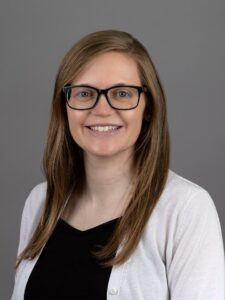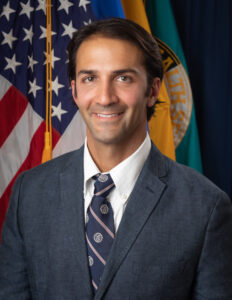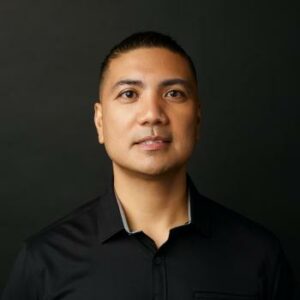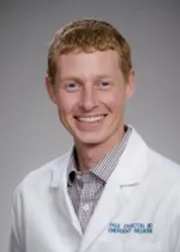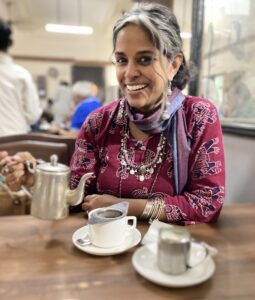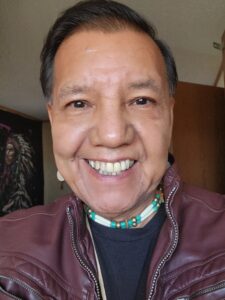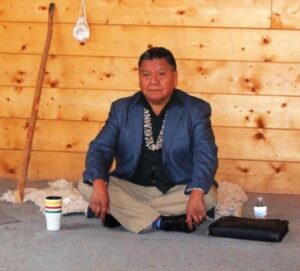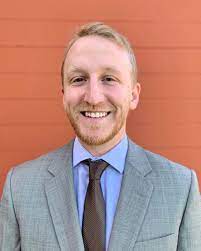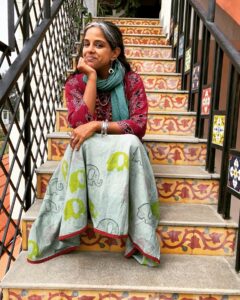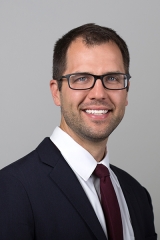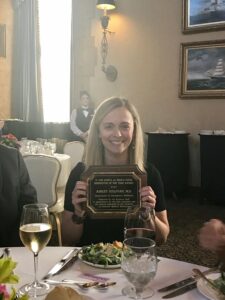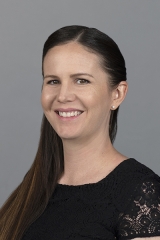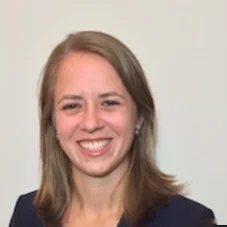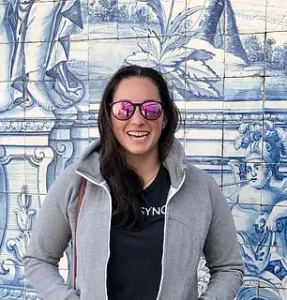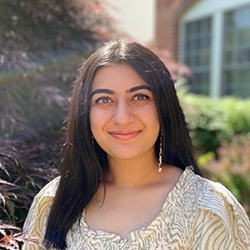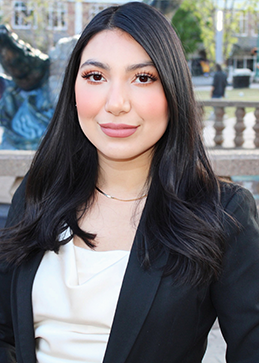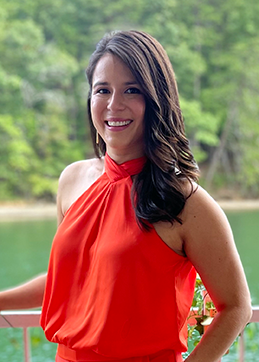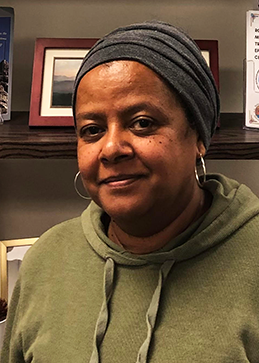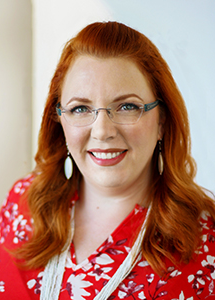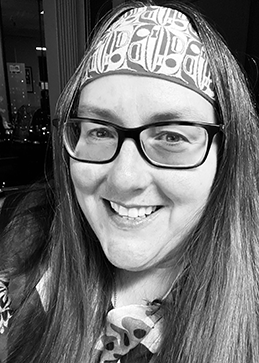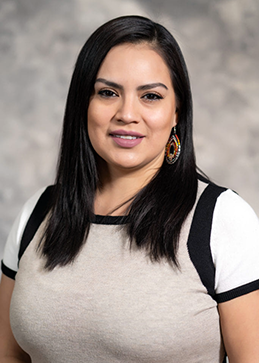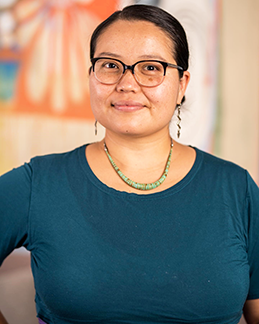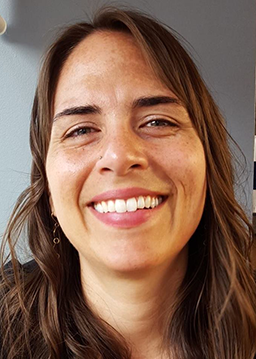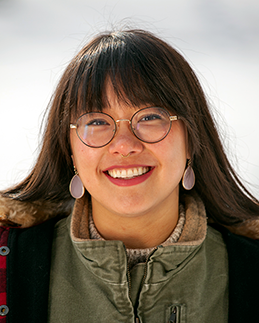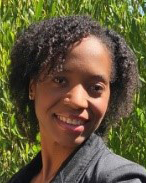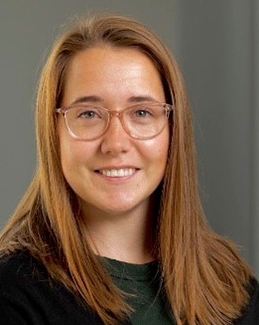A Labor of Love by Passionate Staff at the Alaska Native Tribal Health Consortium

“They should just do it!” exclaimed Lisa Townshend-Bulson, when asked what she would say to others considering starting their own ECHO program. This “can do” attitude propelled Lisa, a nurse practitioner of 18 years, and her team at the Alaska Native Tribal Health Consortium (ANTHC) to start their own ECHO program.
Since its inception in February 2021, ANTHC’s Liver Disease ECHO program has been well attended. “We thought we might have 2 or 3 providers attend, and our initial goal was to add 5 new participants in 6 months. What we experienced though was quite different! We had over 20 participants from across Alaska attend from the start,” said Lisa. While this is true, Lisa notes that “more providers are tuning in but not all are ready to share patient cases.” To grow engagement, the ANTHC team is expanding their offerings to include the opportunity for clinicians outside of Alaska to attend clinics and present cases. Through this effort Lisa and the ANTHC team hope to grow clinicians’ knowledge about liver disease, while encouraging other tribal health organizations to start their own ECHO programs.

Inspired by a love for sharing knowledge
In 2011, ANTHC started LiverConnect – a video-based telehealth program that offers evidence-based guidance to clinicians regarding liver disease. Working with this program was a good fit for Lisa, who began specializing in liver disease over a decade ago. Through this work, Lisa’s love of teaching other clinicians was solidified. “Knowledge should be shared, and there is so much to learn in this specialty area,” Lisa explained as she emphasized that since starting LiverConnect 10 years ago the team has not once run out of educational topic ideas. This desire to disseminate clinical knowledge inspired Lisa and her team to expand LiverConnect and develop a liver disease-focused ECHO program.
Starting an ECHO program: Creating connections based on clinical need
According to Lisa, as LiverConnect drew larger and larger audiences, the ANTHC team hoped to expand their learning model from purely didactic presentations to a more intensive, discussion and case-based model. To better understand how virtual ECHO clinics worked and to sharpen their clinical skills, Lisa and others from ANTHC joined Indian Country ECHO’s Hepatitis C virtual clinics. What they saw was that many of the questions asked by participating clinicians were focused on liver disease.
Once Lisa and her team realized that there was a definite strong need for a liver disease-focused ECHO program, they discussed applying for a replication grant offered by Indian Country ECHO. Through this grant and the technical assistance Indian Country ECHO provided, the ANTHC team learned about the logistics of running a successful ECHO program.

Behind the Scenes
After Lisa and her team were awarded a replication grant, they started to lay the groundwork. First, they needed to set up the technical infrastructure to build their capacity to host monthly, hour-long virtual ECHO clinics. They also solicited individual clinicians to share cases, and they started pulling together staff, which included: a research program associate, technical specialist, administrative assistant, physician assistant, nurse practitioners, a physician, pharmacists, a dietician, and several nurses. Finally, the team surveyed clinicians participating in LiverConnect to assess their interest in different topics, as well as their availability.
Lisa noted that Indian Country ECHO staff were helpful in supporting the ANTHC team in thinking through the logistics of how to build their Liver Disease ECHO. According to Lisa, Indian Country ECHO staff shared key documents and templates, including case presentation forms, and supported the ANTHC team in finding case presenters when needed. They also helped allay the ANTHC team’s fears and provided encouragement.
Logistics during the ECHO clinic
Each monthly Liver Disease virtual ECHO clinic begins with a welcome, a brief introduction about what Liver Disease ECHO is all about, and guidance on completing the program survey and obtaining CE credits, which takes about 3-5 minutes. The next 15-20 minutes are dedicated to a didactic presentation on a particular topic of clinical importance. That way, if busy providers are unable to stay for the full hour, they at least can hear the didactic portion of the training before ending their session.
After the didactic portion, the clinic is opened up to the audience for questions. After this, one to two clinicians who volunteered in advance, will present a patient case and ask the participating clinicians and ANTHC liver disease experts for their input.
Lisa emphasized the benefit of having providers present from a variety of related specialty areas on the ECHO clinic each week, because it enriches the discussion and gets participants’ pressing questions answered quickly. She also reported that there is a virtual pre- and post-test question with each ECHO program, as well as a satisfaction survey to gauge participants’ learning and to improve their program offerings.

Looking toward the future
Since beginning the Liver Disease ECHO program, audiences have grown to include 30-45 participants, many commenting that sessions are rewarding and educational. One participant, for example, remarked “I have a better understanding of treatment for our hepatitis patients with alcoholism, and this program helps me to feel supported in the management of those patients.”
Supporting clinicians and disseminating potentially life-saving information is what keeps Lisa passionate about the Liver Disease ECHO program. “Sitting around and discussing a patient case on an ECHO has a collegial feel to it. We are no longer just those far away specialists. Seeing someone face-to-face, even if it’s on Zoom, helps people feel more comfortable sending an email or calling with questions. It makes a difference” Lisa explained.
Lisa and her team hope that through their ECHO program, they can positively impact the clinical care Native peoples receive. “We want to see that Alaska Native and American Native people are the healthiest people in the world!” said Lisa.

To enhance your ability to screen, treat and manage patients with liver disease, join ANTHC’s virtual liver disease clinic. Here you will participate in didactic and case presentations, receive recommendations from peers and a multidisciplinary team of specialists, and join a learning community of dedicated I/T/U providers committed to growing clinical capacity so every patient receives the care they deserve.
